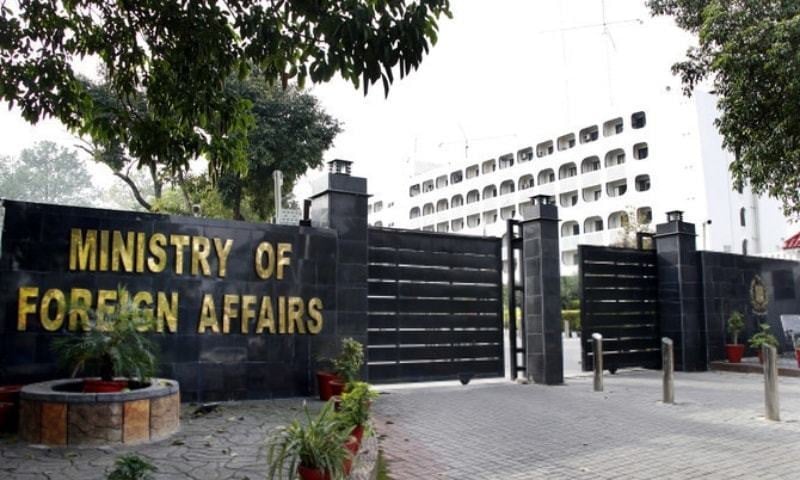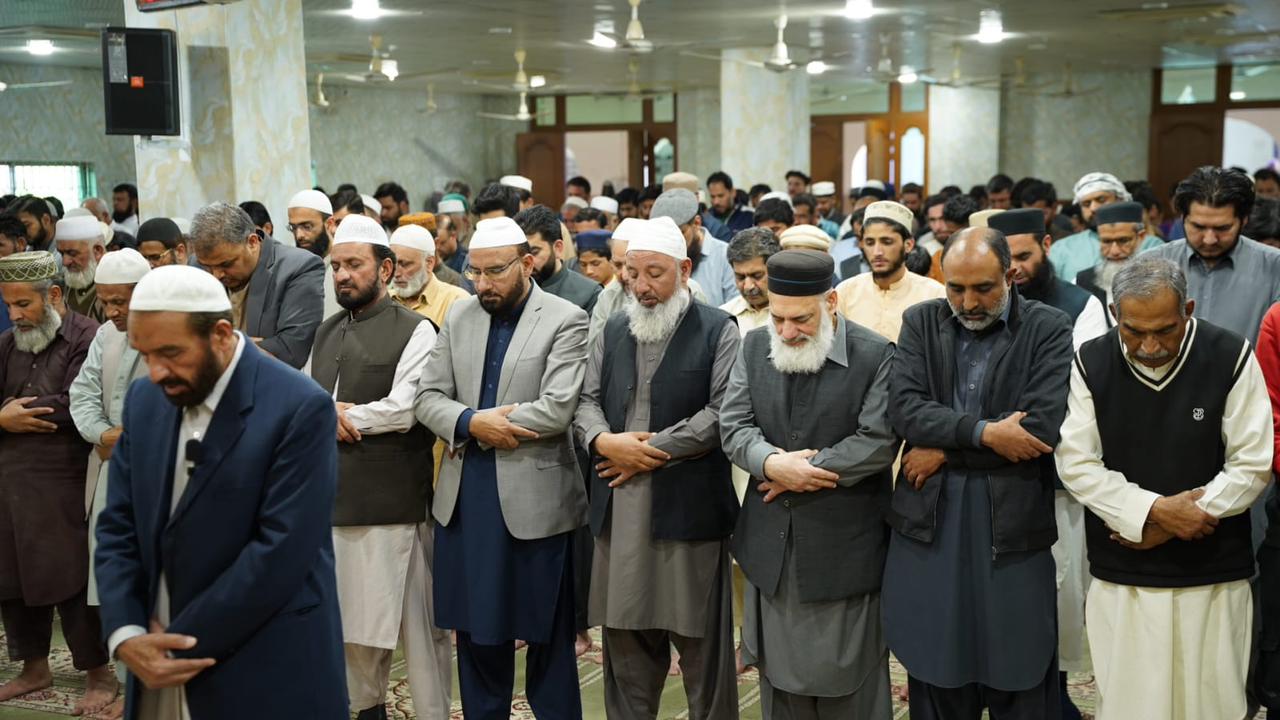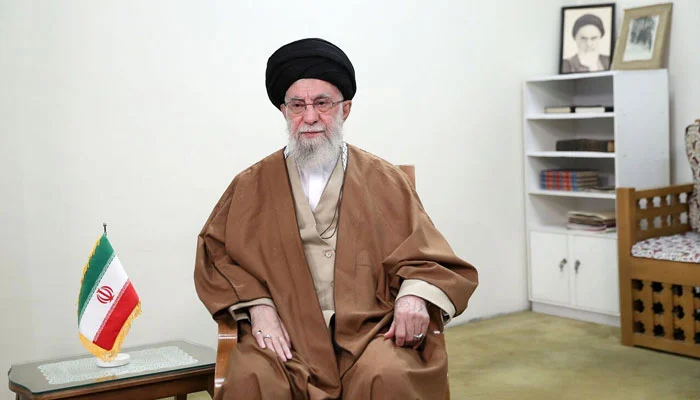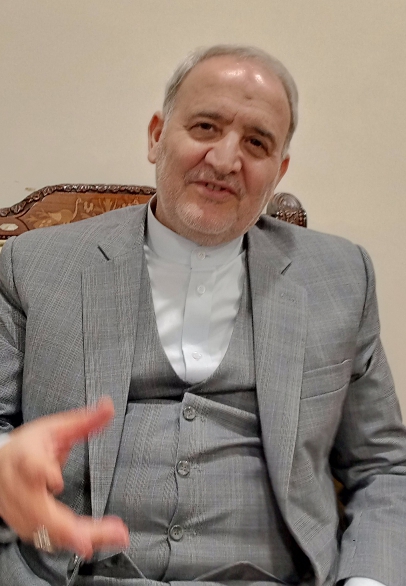The United Nations Security Council held closed consultations today under the agenda item “The India-Pakistan Question”. The meeting was held to discuss the deteriorating regional security environment, heightened tensions between India and Pakistan and the situation in Indian Illegally Occupied Jammu and Kashmir (IIOJK). The meeting was convened at Pakistan’s request, in view of India’s recent unilateral measures and provocative public pronouncements that have significantly increased the risk of military confrontation and threatened regional and international peace and security.
During the meeting, Council members expressed deep concern over the growing risk of escalation and emphasized the urgent need for restraint and de-escalation. They called for dialogue and diplomacy to diffuse tensions and avoid military confrontation and conflict and to peacefully resolve issues. Several members underscored that the long-standing Jammu and Kashmir dispute was the root cause of regional instability, and it must be resolved in accordance with relevant Security Council resolutions and the aspirations of the Kashmiri people. Many Council members underlined respect for international law and obligations with reference to the suspension of the Indus Waters Treaty by India.
Briefing Council members, the Permanent Representative of Pakistan to the UN, Ambassador Asim Iftikhar Ahmad, highlighted India’s provocative actions, including its unilateral measures announced on 23rd April and aggressive military posturing. He cautioned that these actions were unjustified and dangerous, and could lead to catastrophic consequences.
Council members were apprised of intelligence indicating an imminent threat of kinetic action by India against Pakistan. It was made clear that Pakistan remained fully prepared to defend its sovereignty and territorial integrity and would exercise its inherent and legitimate right to self-defence as enshrined in the UN Charter in case of any aggression. However, Pakistan reaffirmed that it did not seek escalation.
Pakistan categorically rejected India’s baseless allegations linking it to the 22nd April attack in IIOJK and highlighted that India’s unfounded accusations were made without any investigation or credible evidence. It was emphasized that such incidents must not be allowed to be used to justify aggression or violate international law. It was recalled that India had exploited these incidents in the past to undermine and delegitimize the just struggle of the Kashmiri people for self-determination and to hide its own state terrorism and grave violations of human rights in IIOJK. India’s involvement in state-sponsored terrorism against Pakistan and targeted assassinations in Pakistan and elsewhere was also highlighted.
Council members were also briefed on India’s unilateral decision to hold in abeyance the historic Indus Waters Treaty of 1960, a legally binding agreement, brokered by the World Bank. Pakistan warned that any attempt to obstruct or divert the natural flow of its share of river waters would constitute an act of war.
Pakistan welcomed calls by the UN Secretary-General to offer his good offices and Council members for dialogue and de-escalation, and intensified diplomatic efforts to defuse tensions. It is imperative for the international community, in particular the Security Council, to act with urgency and responsibility to avoid a conflict that could have catastrophic consequences for South Asia and beyond.
It is pertinent to mention that the “India-Pakistan Question,” is one of the oldest items on the agenda of the UN Security Council, under which the UN Security Council remains seized of the Jammu & Kashmir dispute.




